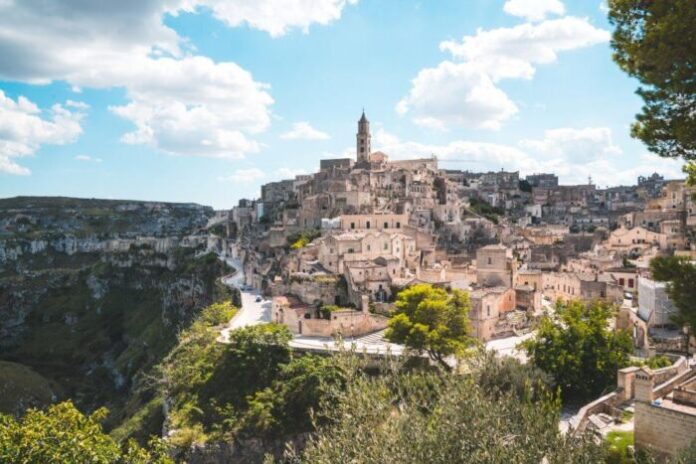
An important webinar, “Tourism at the time of Covid-19: (uncertainty of) rules, sustainable development trajectories and new business models”, took place on May 18 at the European University in Rome. Many teachers and experts in the sector took part in the discussion, making a critical and timely examination of the tourist question on the national and, more extensively, European territory.
From the beginning, the two directions of the whole discourse emerged: the Will to go forward and Creativity. It is clear to everyone that already in unsuspected times the tourism sector needed a formulation of uniform and unitary principles and legislation more attentive to local realities and operators in the sector. The Covid-19 pandemic has highlighted more this disconnect between central power and regional and local situations.
Certainly the decrees for the relaunch will offer good starting points for an economic recovery in the sector, but much more can and must be done. The two passwords must therefore be Will and Creativity, as anticipated at the beginning of the discussion by the rector Father Pedro Barrajón L.C.
The debate revealed the need to expand the infrastructure network and simplify bureaucratic-administrative requests. The failure to publish the Relaunch Decree and the failed dialogue with tourism operators, who are the main players in tourism and, above all, those who really know the needs and problems of the sector in depth, could have a negative role in relaunching tourism .
Professor Dipace stressed the essential role of the psychological element that will penalize major tourist destinations; this, however, does not amount to a renunciation of tourism, but rather to the possibility of diverting tourist flows towards internal areas which have added values such as nature, culture and gastronomic vocation in their favor. The social distancing could also favor the already present widespread hotels, as they are able to transmit feelings of security.
On the issue of sustainable development, President Enit Giorgio Palmucci urged Europe to move in a compact way, with identical rules and without privileged corridors. “We are planning actions to support the regions to support domestic tourism – he pointed out – and in parallel we are moving to encourage European proximity tourism in the coming months and for 2021. Foreign tourists want to return to visit us, but safely. This is why clear rules are needed and above all we must facilitate the movement between regions”.
Professor Paolo Giuntarelli himself insisted on the opportunity to network and manage the tourist recovery in a coordinated manner at European level, without creating preferential lanes and above all hoping for close cooperation between the parties, starting from the assets held in human capital and businesses.
The president of Federturismo Marina Lalli has paid attention to economic, social and environmental sustainability; he added that in the current situation it is necessary to change the business model. Today we can find alternative solutions and avoid the effects of Overtourism, which negatively impacted the historical-natural heritage and the environment.
For this reason, it has been argued by many that the key to resolving the issue is a new tourism perspective aimed at proximity tourism and towards inland areas and inclusive tourism.
Returning to the two directions of conversation, Creativity and the Will to be born again will truly save our tourism. The measures adopted by the operators (for the moment at the local level, but it is hoped for in an increasingly coordinated and supraregional way) and the wise and conscious choices of tourists could be a first form of collaboration.
Despite many changes and many innovations, with a pinch of resilience we will still be able to enjoy a new summer.



































